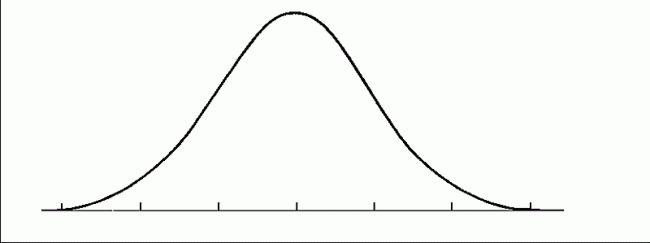I think one of the most important skills a person can have is the ability to break up a large task into smaller bits. We can’t jump into the hard stuff right away - we need to ease ourselves into it. When we achieve a small task, we get into the rhythm and this makes transitioning into harder tasks easier.
The reason why you should make your bed in the morning is that it’s a small task which helps build momentum: you start your day with a small win. The outcome of this is, not that you made your bed - it’s that you tricked your mind into doing something it probably didn’t want to.
Starting your day with micro tasks, making your bed, doing a 1min breathing exercise, reading a paragraph of a book, exercising lightly, etc - gives you a head start in the day. By the time, you roll into work - you’ve already achieved a few things and the endorphins will flow.
Starting a project
Often, when we think of a project (assignment, construction, app etc) - it seems a bit daunting. For example, if I have a 2500 word assignment - my brain automatically thinks what a massive amount of effort it’s going to take, which means I’ll put it off until the last possible moment.
However if I reframe my thinking, it becomes a bit easier. Let’s say I have 10 days before the assignment is due - that is roughly 250 words each day (which doesn’t seem to be bad). But even then the procrastination kicks in and before I know it, I’ll have to do 2500 words in one day.
While, thinking of the assignment in 250 words per day helped - it didn’t exactly help me start the assignment. This is because the 250 word goal wasn’t very specific and my brain thinks that even that 250 words is too much effort to start with.
Once, I get into the flow - I can probably smash out 500-1000 words in a few hours no problem - the the real blocker is getting into the flow to begin with.
So let’s think of another way to break down the project.
- Reading the assignment
- Reading an article or research paper related to the assignment
- Research (finding 2 sources of credited information that has opposing viewpoints related to the assignment)
- Writing the key ideas I want to focus on
-
Crafting an abstract/intro (250 words)
…
So here, I just broke the assignment into a few steps. During the initial phase, the tasks are fairly simple, and in the middle it ramps up, by the end it tapers off. This makes more sense to us rather than a consistent amount of effort every day.

What’s also important here is, that each step is very specific and not vague (e.g. write 250 words). It’s easy for me to start the assignment and as I tick off each part, I gain a small victory which helps me flow to the next bit.
If you are able to break down a project in to small and achievable units of work(s) then you can trick your mind into starting the assignment and make it easier to finish the project. The planning before you start anything is always helpful.
Sign up to updates
I'll send you an email when there's a new article to read.